.jpg)
ICEF HSE Launches Double Degree Programme with Chinese Partner RIEM SWUFE
HSE University and Southwestern University of Finance and Economics (SWUFE) have signed a cooperation agreement to offer a Bachelor's double degree programme in Economics and Finance. The participating partners are the International Institute of Economics and Finance (ICEF) at HSE University and the Research Institute of Economics and Management (RIEM) at SWUFE.
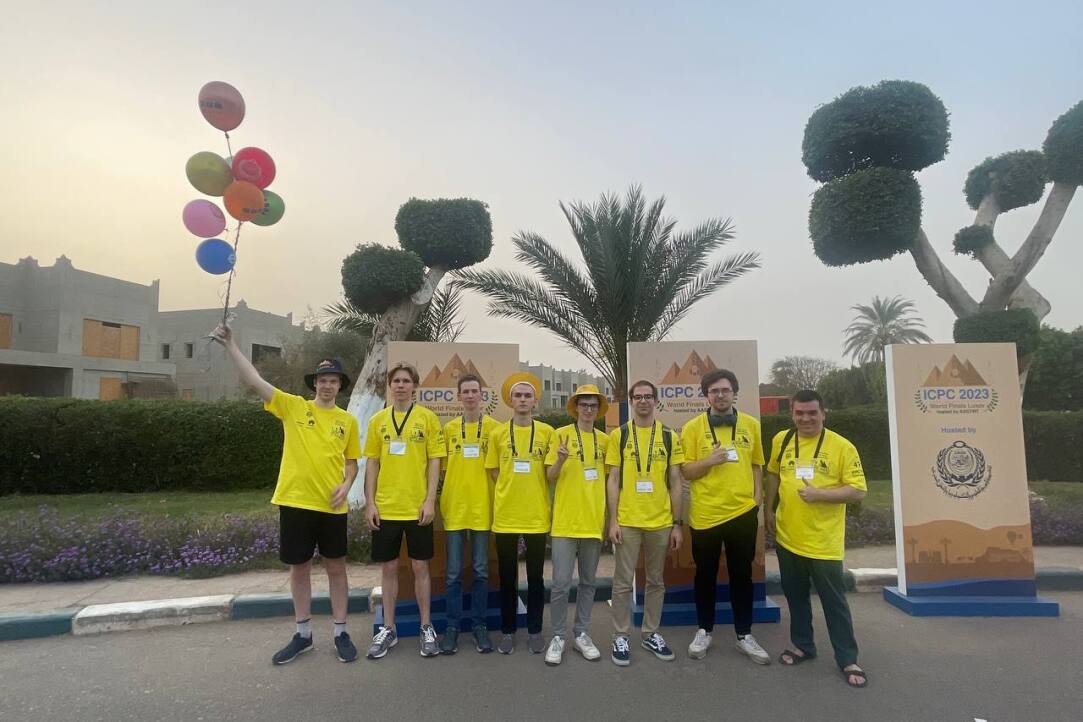
HSE University’s Faculty of Computer Science Teams Win ICPC International Collegiate Programming Contest
On April 14–19, 2024, two finals of the International Collegiate Programming Contest (ICPC) took place in Luxor (Egypt). The teams from HSE University’s Faculty of Computer Science became world champions in the 47th ICPC final and received gold medals in the 46th final.

Immortal Cells and Mathematics Reveal Mechanism behind Coronavirus Infection
A mathematical model has helped describe the course of infection caused by two variants of coronavirus: Omicron and Delta, and explain the differences between them. It appears that the cell entry rate is lower for Omicron, allowing infected cells ample time to alert neighbouring cells of the threat and trigger the activation of their innate immune response. In the future, the developed model could be employed to investigate any other variant of COVID-19, potentially leading to effective strategies for combating new hazardous strains, such as Pirola and JN.1. The findings from the study conducted with the participation of HSE researchers have been published in PeerJ.

'GameFuse Serves as a Scientific Testing Ground for Exploring Non-Trivial Technological Approaches'
Students and staff of the ‘Game Engineering and Interactive Systems’ workshop at MIEM HSE have been exploring approaches to processing multitext data, ie objects represented by a collection of texts with associated meta-information. The team produced the GameFuse dataset, which the project leader Feodor Zakharov presented it at the IEMTRONICS 2024 conference; the paper was awarded the 2024 Reviewers’ Choice Best Paper Certificate.
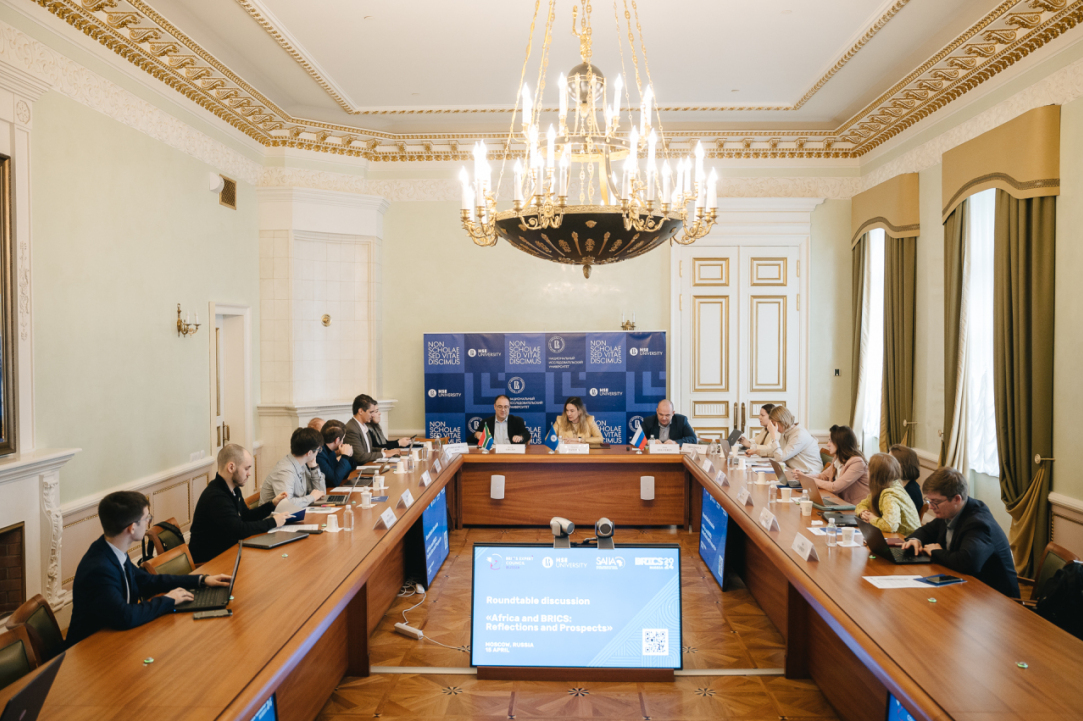
HSE Hosts Round Table ‘Africa and BRICS: Reflections and Prospects’
On April 15, 2024 HSE University hosted a roundtable discussion ‘Africa and BRICS: Reflections and Prospects.’ The event featured leading experts from the South African Institute of International Affairs (SAIIA) Steven Gruzd and Gustavo de Carvalho and was moderated by HSE Vice Rector and Head of the BRICS Expert Council–Russia Victoria Panova.

Workaholism Helps Young Narcissists Boost New Venture Performance
An international team of researchers including Professor Galina Shirokova, Director of the Strategic Entrepreneurship Centre at HSE University in St Petersburg, and her students Nailya Galieva and Diana Doktorova, examined the impact of narcissism on young entrepreneurs' success. The authors have demonstrated that a company founder's workaholism can amplify the influence of narcissism on a new venture's performance.

Expedition to the Himalayas: What To Expect
At the end of April, six students of HSE University-St Petersburg will go on an expedition to the Himalayas, jointly organised with the University of Delhi. They will be collecting data about the anthropogenic impact on the ecosystem of this region, as well as its natural resources and environmental sustainability.
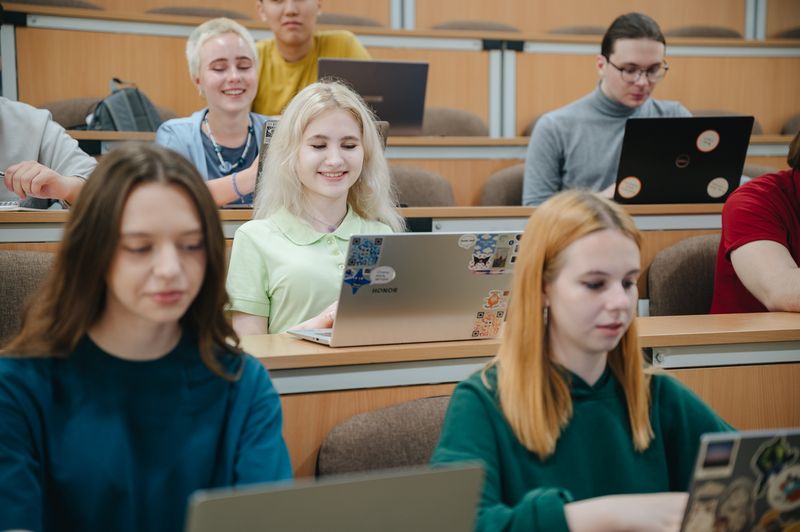
Neena Gupta Reports at the 100th HSE Seminar on Algebraic Transformation Groups
The distinguished Indian mathematician Professor Neena Gupta delivered a presentation at the celebration of the 100th seminar on algebraic transformation groups organised by the Laboratory on Algebraic Transformation Groups at the HSE Faculty of Computer Science. The seminar, which has been regularly held by the laboratory since 2020, is chaired by Ivan Arzhantsev, the head of the laboratory and dean of the HSE Faculty of Computer Science, along with senior research fellows of the laboratory Sergey Gayfullin and Alexander Perepechko.
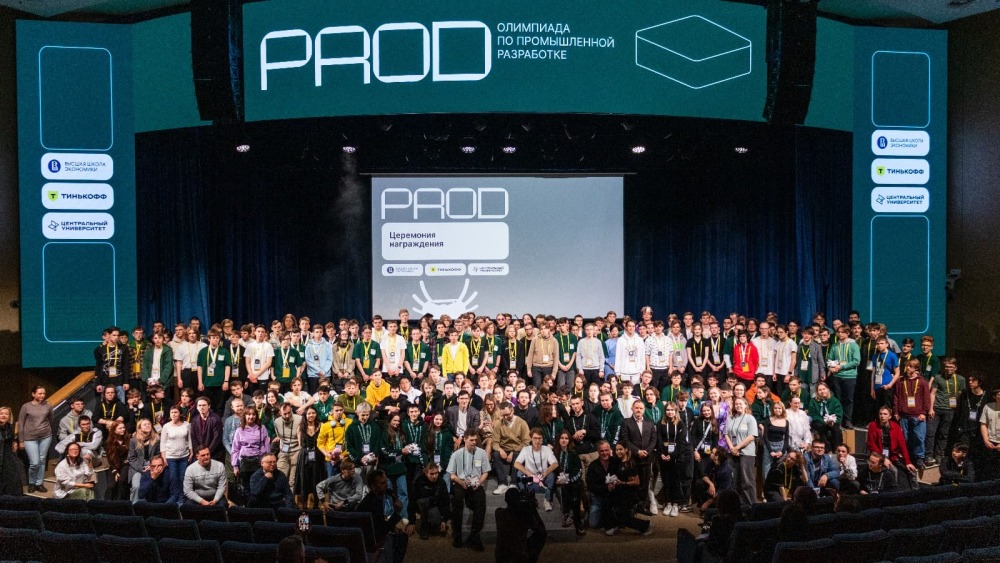
Programming & Real Life: Results of the PROD Olympiad
The HSE Cultural Centre recently hosted an awards ceremony for the winners of the PROD Olympiad. This is the first-ever industrial IT-development competition for 9th–11th graders in Russia, organised by HSE University, Tinkoff Bank, and the Central University (Moscow). About 4,000 people from 89 regions of Russia, as well as from Kazakhstan, Belarus, Armenia, China, and Turkmenistan, participated in the qualifying stage, with 43 people emerging as eventual winners.
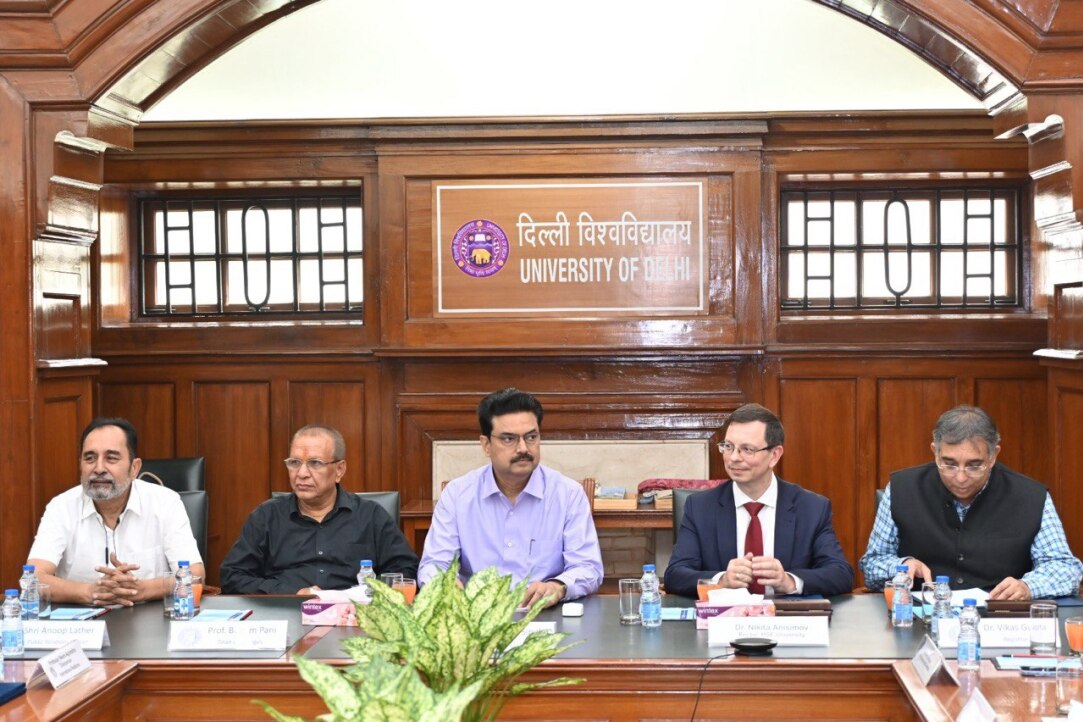
HSE University Opens Research Hub at University of Delhi
HSE University and the University of Delhi have signed an agreement on strategic cooperation and joint actions. According to the agreement, a large research hub will begin operating at the partner university in India.


Application deadline: June 23, 2025